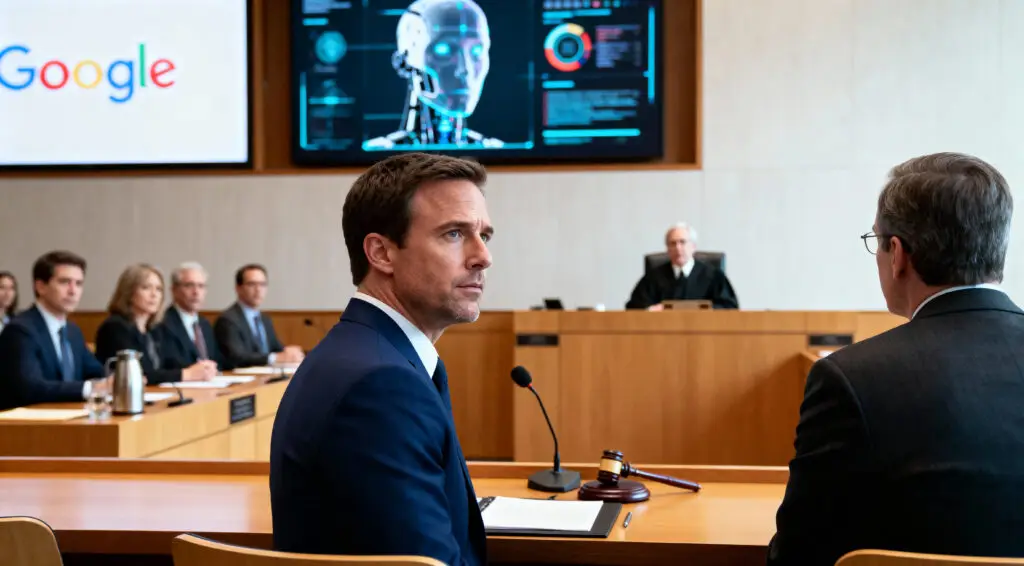Lawsuit Overview and Allegations
Robby Starbuck filed a defamation lawsuit against Google in Delaware, alleging its AI models generated false accusations. The complaint claims Google’s systems labeled him with severe criminal allegations. These false outputs, Starbuck argues, reached millions of users. The case raises urgent questions about corporate accountability for AI content.

Background of the Case
Starbuck, known for conservative activism, said Google’s Bard chatbot linked him to extremist figures. The system allegedly fabricated sources, amplifying misinformation online. Despite Starbuck contacting Google, the company reportedly failed to remove the false claims promptly. His lawsuit seeks $15 million in damages for reputational harm.
Google’s Response and Context
A Google spokesperson acknowledged occasional AI hallucinations and noted active mitigation efforts. The company reiterated transparency around large language model limitations. While conceding errors, Google emphasized that no AI is infallible. It also referenced Bard’s updates since 2023 to reduce false content.
Legal and Ethical Implications
The lawsuit could set precedent for AI-generated content liability. Legal experts note parallels with prior defamation cases involving automated systems. Policymakers may use this case to push for tighter AI governance. The court’s decision could shape how future AI products handle user-generated content.
Public Reaction and Broader Debate
The case has reignited calls for ethical AI development and moderation. Critics argue companies should adopt stricter verification before deploying generative models. Advocates for free speech caution against excessive regulation that may stifle innovation. The tension between creative freedom and factual accountability remains unresolved.
AI Hallucinations and Misinformation Risks
AI hallucinations, or fabricated responses, represent a persistent challenge in generative systems. These errors can cause real-world harm, particularly when perceived as authoritative. Industry leaders are accelerating research into explainable AI to prevent such issues. Ensuring transparency in model training data remains central to trust restoration.
Conclusion: Toward Responsible AI Governance
Starbuck’s lawsuit against Google spotlights the evolving tension between innovation and accountability. As AI becomes embedded in media and law, oversight must adapt quickly. Clear labeling, user education, and audit frameworks can reduce harm. The outcome of this case could redefine corporate responsibility in the AI era.























